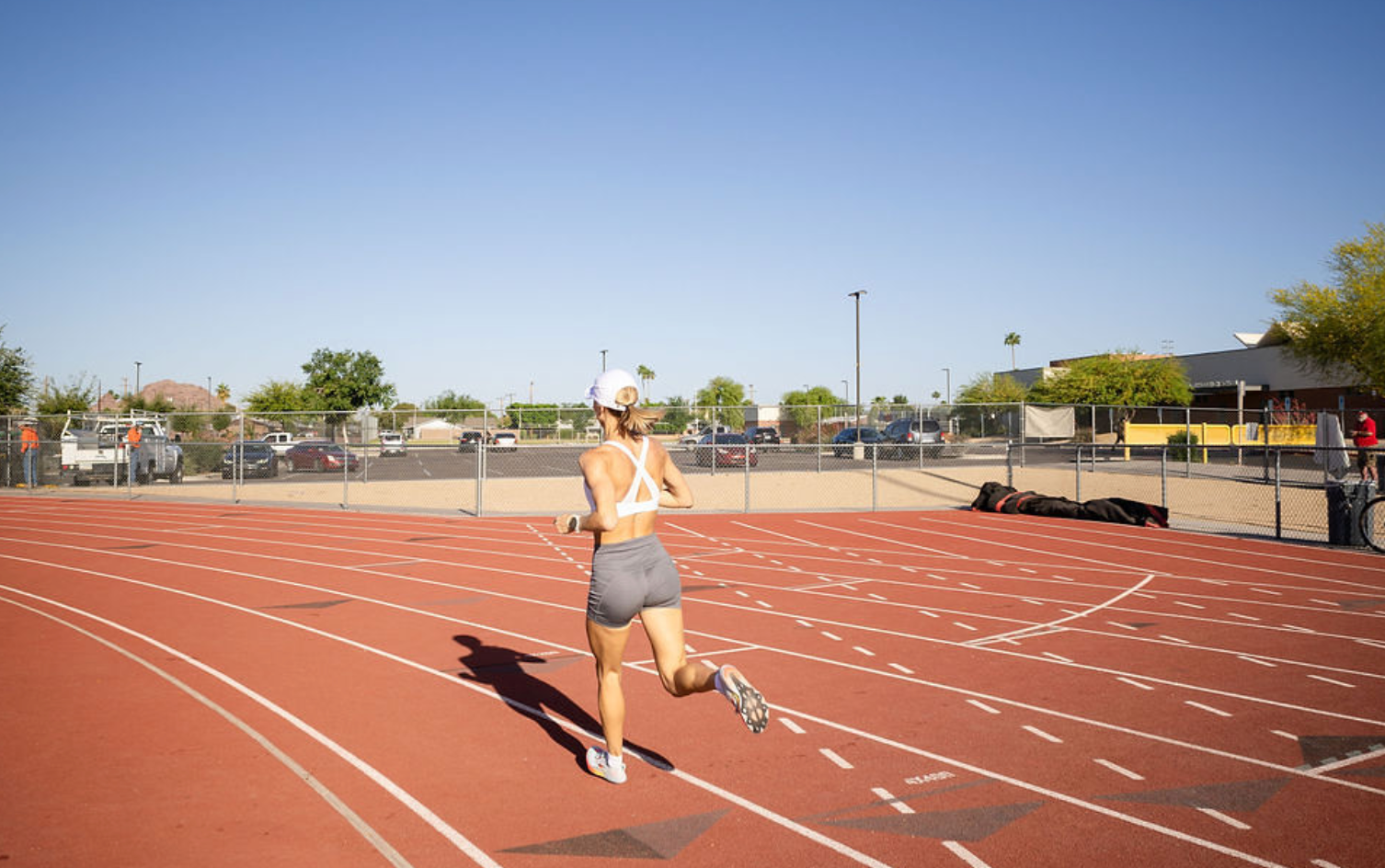In the world of fitness and exercise, it’s often said that what you do outside the gym is just as important as what you do in it. Sleep, often overlooked, is a cornerstone of athletic performance, recovery, and overall health. The relationship between sleep and exercise is deeply interconnected, with each influencing the other in profound ways. This blog will explore the science behind how sleep impacts exercise, from performance and endurance to recovery and muscle growth.
The Science of Sleep
Before delving into how sleep affects exercise, it's important to understand what happens when we sleep. Sleep occurs in cycles, each lasting about 90 minutes and consisting of two primary types:
- Non-Rapid Eye Movement (NREM) Sleep:
- Stages 1 and 2: Light sleep, where the body starts to relax.
- Stages 3 and 4: Deep sleep, critical for physical restoration and recovery. Growth hormone secretion peaks in this phase, aiding in muscle repair and growth.
- Rapid Eye Movement (REM) Sleep:
- The stage associated with dreaming and mental restoration. REM sleep is crucial for cognitive functions, including memory consolidation and decision-making.
Sleep allows the body and mind to recover, repair, and prepare for the challenges of the next day. But what happens when sleep is inadequate, and how does this affect exercise?
How Sleep Influences Exercise Performance
- Energy Levels and Stamina Sleep deprivation directly impacts energy levels and endurance. Studies have shown that individuals who sleep less than six hours a night experience a decrease in aerobic performance, reaction times, and overall stamina. This is largely due to the body's inability to fully replenish glycogen stores (the primary fuel for muscles) without adequate sleep.
- Strength and Power Sleep affects muscle strength and power output. A study published in 2007 in the Journal of Strength and Conditioning Research investigated the effects of 24 hours of sleep loss on weightlifting performance among national-caliber male collegiate weightlifters. The researchers found that while mood states were negatively affected by sleep deprivation, weightlifting performance metrics such as maximal lifts were not significantly impacted.
- Focus and Reaction Time Sleep is critical for maintaining focus, reaction times, and decision-making, all of which are essential during high-intensity or skill-based sports. Lack of sleep can lead to slower reaction times and a higher likelihood of errors, increasing the risk of injuries during exercise.
- Motivation and Perceived Exertion Poor sleep can dampen motivation to exercise and increase the perception of effort during workouts. In other words, the same workout can feel harder and less rewarding when you’re sleep-deprived.
The Role of Sleep in Recovery
Recovery is just as important as exercise itself, and sleep is the foundation of effective recovery. Here's how:
- Muscle Repair and Growth During deep sleep (NREM stages 3 and 4), the body produces growth hormone, which plays a vital role in repairing and building muscle tissue. Without sufficient deep sleep, muscle recovery is impaired, which can hinder gains in strength and size.
- Inflammation Reduction Sleep helps regulate inflammatory responses in the body. Sleep deprivation can increase levels of inflammatory markers like C-reactive protein (CRP), which may delay recovery and increase the risk of overuse injuries.
- Immune System Support Consistent, high-quality sleep bolsters the immune system, which is essential for athletes undergoing rigorous training. Poor sleep weakens immune function, making you more susceptible to illnesses that can disrupt training schedules.
- Hormonal Balance Sleep regulates hormones critical to recovery, including cortisol and testosterone. While cortisol levels (stress hormone) naturally peak in the morning and taper off throughout the day, chronic sleep deprivation can elevate cortisol, leading to prolonged muscle breakdown and fatigue. Simultaneously, reduced sleep can suppress testosterone production, which is vital for muscle repair and growth.
Sleep and Exercise: A Two-Way Street
While sleep affects exercise, exercise also influences sleep. Regular physical activity improves sleep quality by:
- Promoting Deep Sleep Exercise can increase the amount of time spent in restorative deep sleep, enhancing physical recovery and energy replenishment.
- Regulating Circadian Rhythms Physical activity helps synchronize the body's internal clock, making it easier to fall asleep and wake up at consistent times. However, intense workouts close to bedtime may temporarily elevate cortisol levels and delay sleep onset.
- Reducing Stress and Anxiety Exercise reduces stress hormones and increases endorphins, promoting relaxation and making it easier to unwind at night.
- Improving Sleep Disorders Studies have shown that consistent aerobic exercise can alleviate symptoms of insomnia and obstructive sleep apnea, improving overall sleep quality and duration.
Sleep Needs for Active Individuals
The National Sleep Foundation recommends 7-9 hours of sleep per night for adults. However, athletes and individuals engaging in intense physical activity may need closer to 9-10 hours to fully recover and perform at their best.
Sleep requirements also vary based on training intensity, age, and overall health. For example, endurance athletes or those in heavy training cycles may benefit from naps or longer nighttime sleep to counterbalance the physical stress on their bodies.
Tips for Improving Sleep for Better Exercise Outcomes
- Maintain a Consistent Sleep Schedule Going to bed and waking up at the same time every day helps regulate your circadian rhythm, leading to better sleep quality.
- Create a Sleep-Friendly Environment Ensure your bedroom is cool, dark, and quiet. Consider using blackout curtains, white noise machines, or sleep masks to optimize the sleeping environment.
- Limit Screen Time Before Bed Blue light from screens can suppress melatonin production, delaying sleep onset. Avoid screens at least one hour before bed.
- Manage Stress Practice relaxation techniques such as meditation, deep breathing, or yoga to reduce stress and promote better sleep.
- Be Mindful of Nutrition Avoid heavy meals, caffeine, and alcohol close to bedtime, as they can disrupt sleep patterns. Sleep supplements, such as Xendurance’s Deep Sleep contains natural ingredients to promote deeper sleep.
- Time Your Workouts While exercise can improve sleep, try to schedule workouts earlier in the day. Late-night high-intensity training may make it harder to fall asleep.
What Happens When Sleep Is Prioritized?
Athletes and fitness enthusiasts who prioritize sleep often report the following benefits:
- Improved performance and endurance.
- Faster recovery times and reduced soreness.
- Enhanced focus and motivation during workouts.
- Fewer injuries and illnesses.
- Better mood and mental resilience.
One striking example is professional athletes. Many, like basketball star LeBron James and tennis champion Roger Federer, reportedly aim for 10-12 hours of sleep per night, including naps, to maintain peak performance.
The Consequences of Chronic Sleep Deprivation
Chronic sleep deprivation has far-reaching consequences for athletes and non-athletes alike. Over time, insufficient sleep can lead to:
- Reduced aerobic capacity and muscle strength.
- Increased risk of overtraining syndrome.
- Hormonal imbalances, including reduced testosterone and elevated cortisol.
- Impaired immune function and increased susceptibility to illness.
- Declines in mental health, including heightened anxiety and depression.
Mastering Exercise Through the Power of Sleep
Sleep is not just a passive state of rest; it’s an active and essential component of physical and mental health, especially for those engaged in exercise and fitness. Whether you’re an elite athlete, a weekend warrior, or someone just starting their fitness journey, prioritizing sleep will enhance your performance, accelerate recovery, and improve your overall well-being.
Remember, the path to optimal fitness isn’t only paved with intense workouts and clean eating—it also requires consistent, high-quality sleep. So, the next time you consider skipping an hour of sleep for an early morning gym session, think again. Sleep might just be the secret weapon your body needs to reach its full potential.









コメントを書く
このサイトはhCaptchaによって保護されており、hCaptchaプライバシーポリシーおよび利用規約が適用されます。